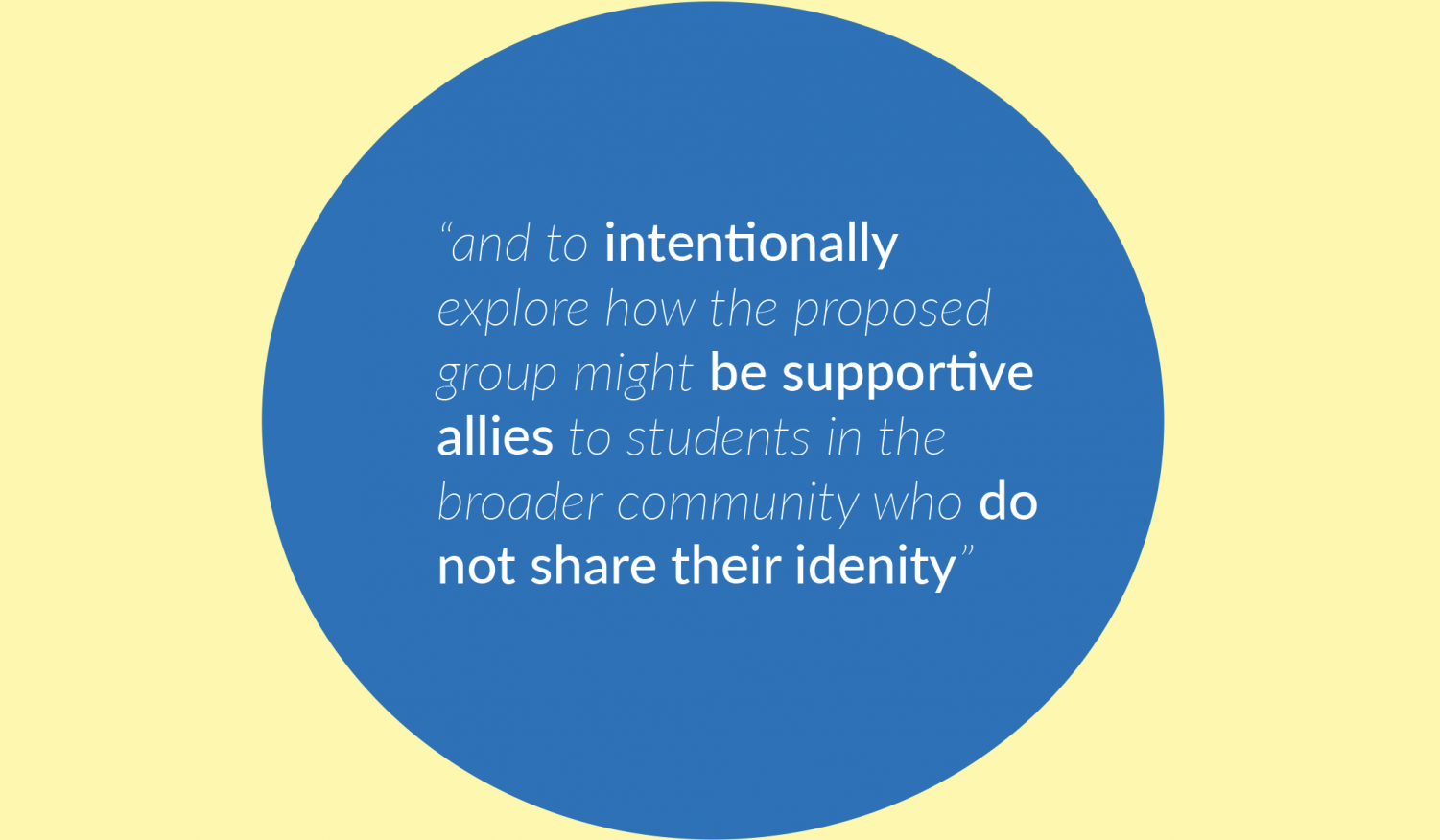Affinity group language in handbook needs revisiting
While recognition of affinity groups in the handbook is positive, some of the wording implies unfair expectations.

Students and faculty at St. Paul Academy and Summit School praise teachable moments. Even more, they love cross-cultural and inter-gendered learning. This adoration of illuminating the voice of minorities is demonstrated through student led assemblies, in-class conversations and projects assigned in class. These instances enhance students’ understanding of the lived experiences of minority students, but the issue with these teachable moments is that, more often than not, it is the same group of people always doing the teaching.
In terms of race, sexual orientation, gender, and disability, marginalized groups are unfairly expected to educate others of their struggles. These minority groups are not only tasked with delivering information, but they are also additionally expected to be polite racial and sexual ambassadors. The role, designed by those with privilege, prompts doubts and unhelpful questions from individuals who have, most likely, done little research on the topic themselves.
With this burden already in place, what is more problematic is the new wording in the Student Handbook. The language implies it is the affinity groups’ responsibility to teach the rest of the school about their issues and experiences. The handbook reads as the following:
“SPA allows . . . to intentionally explore how the proposed group might be supportive allies to students in the broader community who do not share their identity.”
The language implies it is the affinity groups’ responsibility to teach the rest of the school about their issues and experiences
Some affinity groups expound the opportunity to present to the SPA community. HerSpace, for example, annually hosts events for International Women’s Day. The members display posters with information for everyone (particularly for those who do not identify as a female), and words of positivity for National Love Your Body Day. These decisions within HerSpace to organize events should only concern the members, not any handbook suggestion.
There are many affinity groups who prefer their time to themselves. Listening to music or light-hearted conversation within a group of individuals who identify similarly gives students confidence. Often, a more relaxed affinity group setting can simply be a time to de-stress from school more than anything. Students should learn to understand themselves, and affinity groups aid in the facilitation of conversations within a safe space.
The sub-section of “Affinity Groups” is a first for the SPA Student Handbook. For the first time, the Clubs Fair included affinity group members to present their community. This is a stride for affinity members, and for individuals who may not know about the groups. The Handbook affirms the importance of affinity groups within the SPA community which plays a significant role in the support, appreciation, and validity for all affinity groups.
The wording, however, cries for a revision. Student members of affinity groups should have the opportunity to contribute to the formulation of their guidelines. This step will ultimately result in SPA’s comprehension of unfair expectations those with privilege put on minority groups.
Mimi Geller is the Director of RubicOnline. This is her fourth year on staff. Mimi believes that high school journalism connects people by sharing their...